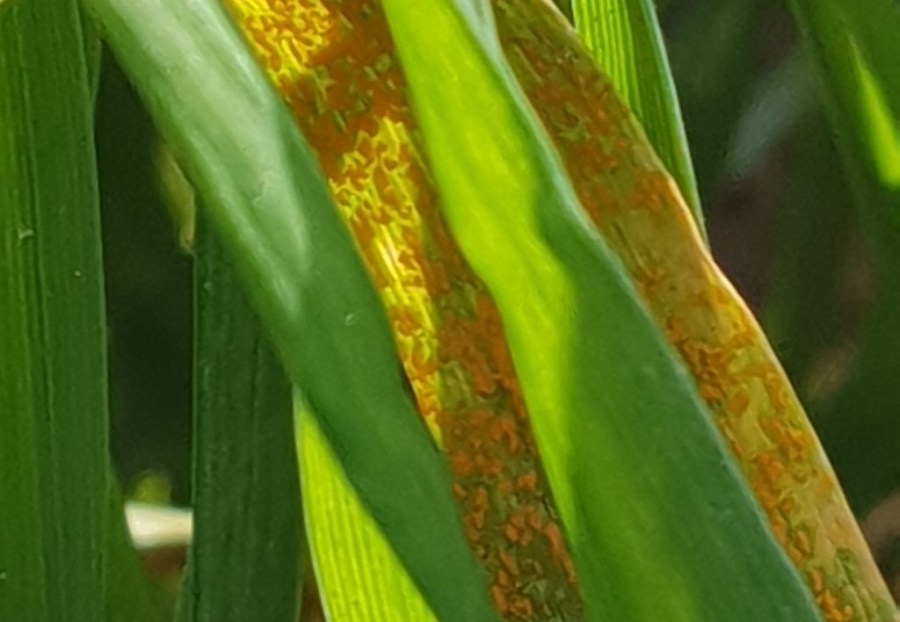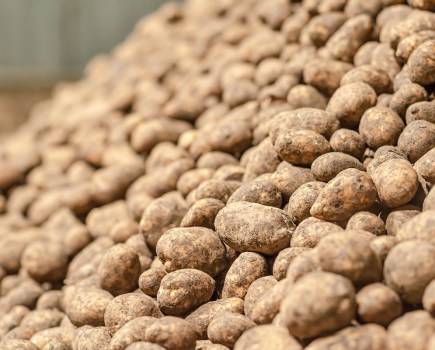AHDB’s online edition of the Recommended Lists for cereals and oilseeds 2021/22 will feature major changes to rust disease-resistance ratings. Charlotte Cunningham reports.
These changes follow the development of a new rating calculation approach that better reflects the diverse and dynamic nature of the UK’s rust populations, according to AHDB.
Due for launch on Monday 30 Nov 2020, the latest developments will also feature during AHDB’s Agronomy Week – a five-day series of online webinars and videos, covering contemporary agronomy – that starts on the same day.
Catherine Harries, who works on the RL disease ratings at AHDB, said: “The yellow rust population structure varies in time and space, right down to variation across a single leaf. With rust pathogen populations continually evolving and disease pressure increasing, we have recently encouraged closer crop inspections. This is the best way to assess in-season pressures. However, it’s become clear that we need to overhaul the rating’s process, in response to the new reality of tremendous rust diversity.”
More representative
During 2020, the RL board has consulted with agronomists, farmers, pathologists, wheat breeders and statisticians, to develop a new, more representative method to calculate brown and yellow rust ratings.
To complement the adult-stage yellow rust resistance ratings published in the RL, the UK Cereal Pathogen Virulence Survey (UKCPVS) determines young-plant resistance to yellow rust for recommended and candidate varieties in RL trials. The latest results show no change in resistance in 2020, compared with 2019 – most remain susceptible. However, a high number of candidates (13/17) are resistant at the young-plant stage.
Farmers and agronomists are encouraged to participate in Agronomy Week to find out about the changes and to pay close attention to the new guidance in the RL 2021/22. Additional information on the need to change the rating system is available in an article published on the AHDB website.
People with a passion for varietal improvement are also encouraged to consider applying for one of three vacancies currently on the RL crop committees. Details on the roles and the application process are available online.




